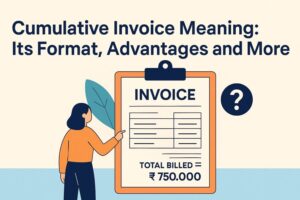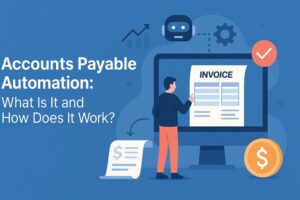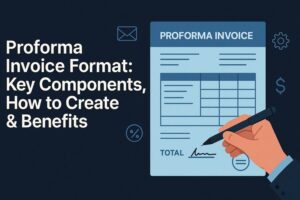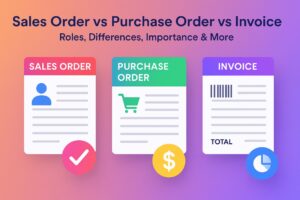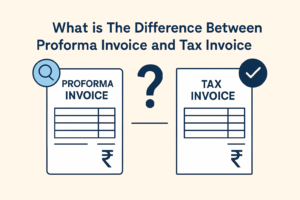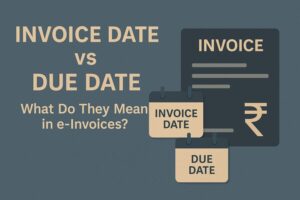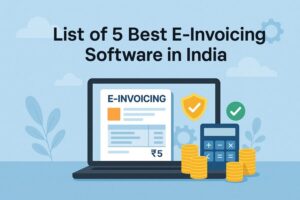Invoice Price vs MSRP: Differences & Which is the Better Deal?
- 3 Nov 25
- 8 mins
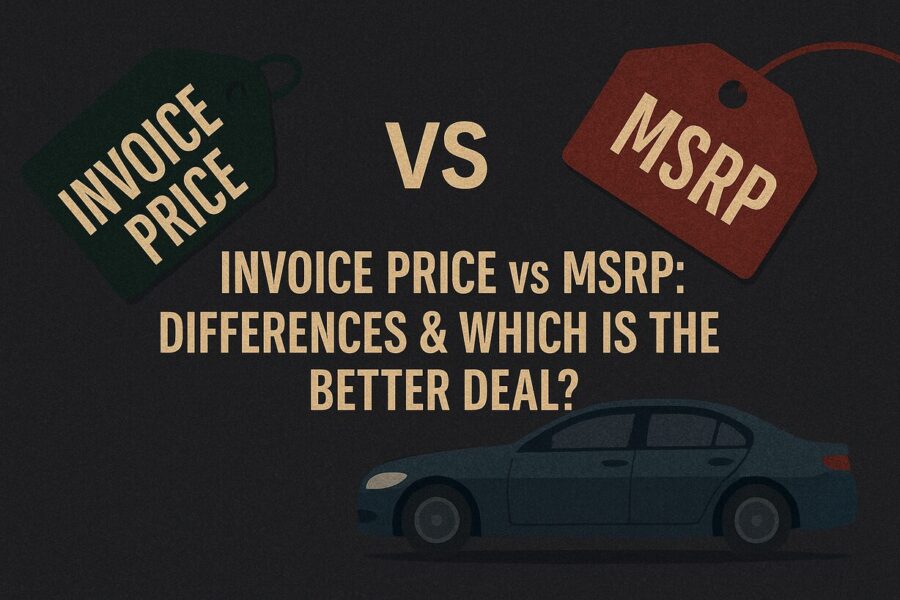
Invoice Price vs MSRP: Differences & Which is the Better Deal?
Key Takeaways
- The invoice price is what the dealer pays to the manufacturer, while the MSRP (Manufacturer’s Suggested Retail Price) is the price suggested by the manufacturer for consumers.
- There is often a significant gap, sometimes up to 20%, between the MSRP and the dealer’s actual cost (invoice price). This difference represents the dealer’s potential profit margin.
- Understanding the invoice price vs MSRP gives you leverage when negotiating with a dealer, helping you aim for a price closer to the dealer’s cost.
- The gap between invoice price and MSRP is smaller for standard or low-demand models but can be quite large for luxury or high-demand vehicles.
- Always research the invoice price, compare dealership offers, and be ready to walk away. Being informed is the key to paying closer to invoice price, or even less, rather than the MSRP.
Did you know there is often a massive gap between a car’s MSRP or Manufacturer’s Suggested Retail Price and what the dealer actually pays?
Let us break it down: if the MSRP of a car is ₹35,00,000, the dealer might pay only ₹30,00,000. There is a whopping ₹5,00,000 gap! Let that sink in. Studies show the MSRP can be marked up by as much as 20% over the invoice price.
Knowing this hidden margin gives you the upper hand when negotiating the final deal.
Let us dive deeper into the difference between invoice price vs MSRP, so you are not just shopping smart, but negotiating smarter.
Invoice Price vs MSRP: Key Differences
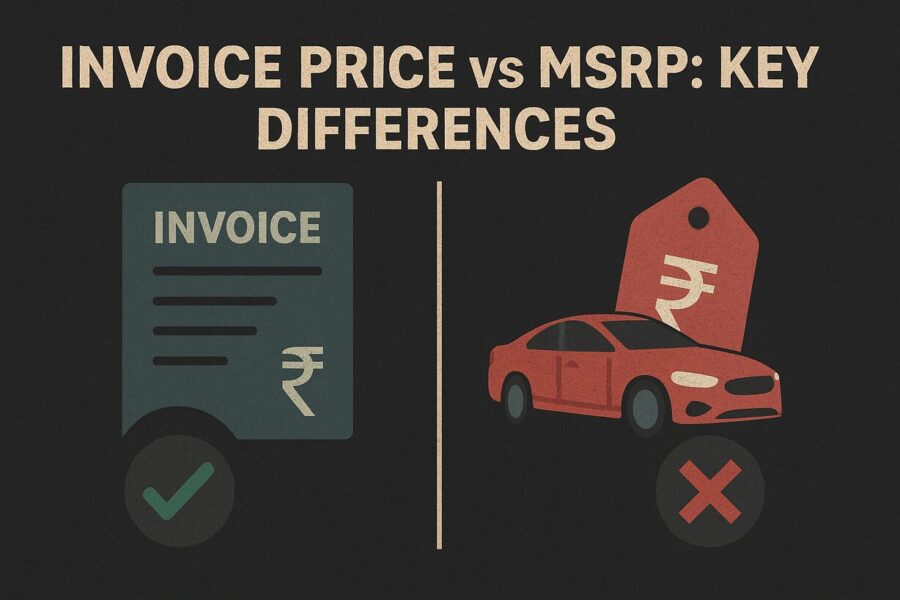
The invoice price, also referred to as the dealer price, is the amount that the dealer shall pay to the car manufacturer. The manufacturer’s suggested retail price, or MSRP, on the other hand, is essentially the ‘sticker price’ or the amount you will be required to pay to the dealership.
The table below highlights the major points of difference between Invoice Price and MSRP:
| Parameter | Invoice Price | MSRP (or Manufacturer’s Suggested Retail Price) |
| Meaning | It is the amount that the dealer has to pay to the car manufacturer. | The manufacturer recommends this retail price for the sale of the car. |
| Purpose | Dealers use this to determine their price as well as the margin of profit. | This acts as an outline/reference for the dealer’s setting process of the selling price. |
| Flexibility in Terms of Costing | It can be less after the application of discounts/other incentives offered by the dealer. | It is typically higher; however, it may be negotiated to be lower by clients. |
| Visibility to the Consumers | It shall not be disclosed to buyers always. | It is the ‘sticker price’ that is displayed publicly on the car. |
| Dealer’s Profit | Profit of the dealer is usually the difference between the invoice price and the selling price. | Dealers want to be able to sell at a rate/below, to keep the difference as the profit. |
Detailed Idea about Invoice Price vs MSRP
Within the automobile industry, sellers buy vehicles from the manufacturers at certain prices. They proceed to sell them off to retail customers, aiming to make a profit. This section shall break down in detail the differences between MSRP and invoice price against the backdrop of the automobile industry.
1. Meaning
The dealer is bound to pay the invoice price to the respective manufacturer. It is a term that is typically used within the context of the automobile industry. Note that there is no specific procedure to get hold of the invoice price. Discounts or rebates usually reduce the dealer’s price even further, from the invoice price.
On the other hand, a manufacturer’s suggested retail price, abbreviated as MSRP, is the price that a manufacturer suggests for a product to be sold for. It serves as a reference for the retailers who are supposed to set the prices for their products. It is also known as the ‘sticker price', 'list price', and 'recommended retail price' (RRP).
2. Pricing
The difference in pricing between the invoice price and the MSRP shall vary. Consider this example: an average vehicle, already at its cheapest rate (yet optimised overall condition) with no other additional features, would uphold little difference between the MSRP and the invoice price.
But an in-demand, luxury car may have a huge difference in its invoice price and MSRP.
Usually, if a car is more popular within a zone, the difference between the MSRP and the invoice price is greater. This is so because the dealer can charge extra.
3. Importance
By maintaining accuracy with invoice pricing, the following advantages are unlocked:
- Cash flow is increased as organisations receive their payments promptly.
- Better management of working capital and seamless operations are prompted.
- Incorrect invoices may, on the other hand, lead to disputes, delayed payments, or lost revenue, disrupting the stability of your finances.
- Operational inefficiencies are minimised, and employees can turn their focus on critical tasks like building the business and polishing the delivery of services.
- Businesses can stay compliant with legalities, with protection against legal complications/fines.
- The invoices act as key data sources for financial reporting. If they are accurately reflected, the maintenance of financial records shall become easier.
Coming to the importance of the MSRP, it serves as a standard price. This quote tends to protect the businesses from potential unfair deals, opening up a competitive field for the dealers.
💡If you want an easy and smooth app for your transactions and bill payments, use the PICE App.
Invoice Price vs. MSRP: Which Price Will Be a Better Deal for You?
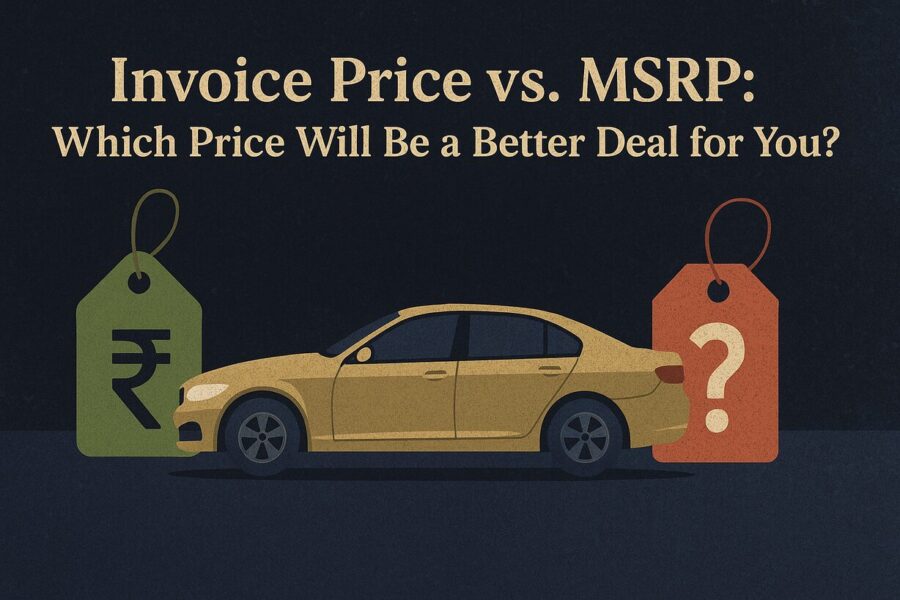
There is no direct answer to whether the car's MSRP or the invoice price is a better deal for you. The best-case scenario is the one where you are required to pay the lowest possible price, which may even be a value falling somewhere in between the two quotes.
So, prioritise conducting your research beforehand. Find out the car’s fair market value, as this can go a long way at the time of negotiations, allowing you to bag the best deal on your purchase.
Is Invoice Price Higher Than the MSRP?
The invoice price is always going to be lower than the MSRP. In some cases, the gap between the invoice price and the MSRP is way less than you may anticipate. The margin of profit on the brand new cars may be considerably low.
Additional discounts offered by a dealership shall have them further compromise on potentially making a profit from the car deal. As a way to avoid the loss, dealers often add accessories or markups to the on-demand cars.
How to Pay Invoice Price or Less Instead of the MSRP?
To begin with, make sure to cross-check the various components of the car you’re considering buying. Check for the:
- Ex-showroom rate
- Registration charges
- Insurance premium
- Accessories
- Applicable GST
- Cess
Plus, the vehicle bill format should include the following details:
- The correct car model
- Accurate variant
- Right VIN/chassis number
Cross-checking all such details shall help you ensure that you don’t end up overpaying, but maintain transparency in terms of the dealer price.
You can further pay the invoice price (or less) for your vehicle by taking these initiatives:
- Negotiate with the dealer in question.
- Leverage the knowledge you have regarding invoice prices and the relevant market conditions.
- Research the invoice price online.
- Request an invoice price from your dealer.
- Negotiate below the MSRP (refer to the invoice price as your guide).
- Keep an open mind and be ready to shop at several dealerships if necessary, and walk away if the rate does not feel justified.
Conclusion
The invoice price vs MSRP difference plays a key role in how much you might end up paying for a new car. While the MSRP is the manufacturer’s suggested retail price displayed to buyers, the invoice price is the often-confidential amount a dealer actually pays the manufacturer.
Understanding this difference empowers buyers to negotiate better and avoid overpaying. Knowing that dealers have a margin to work with can help you strike a more reasonable and fair deal when buying your next car.
 By
By 





